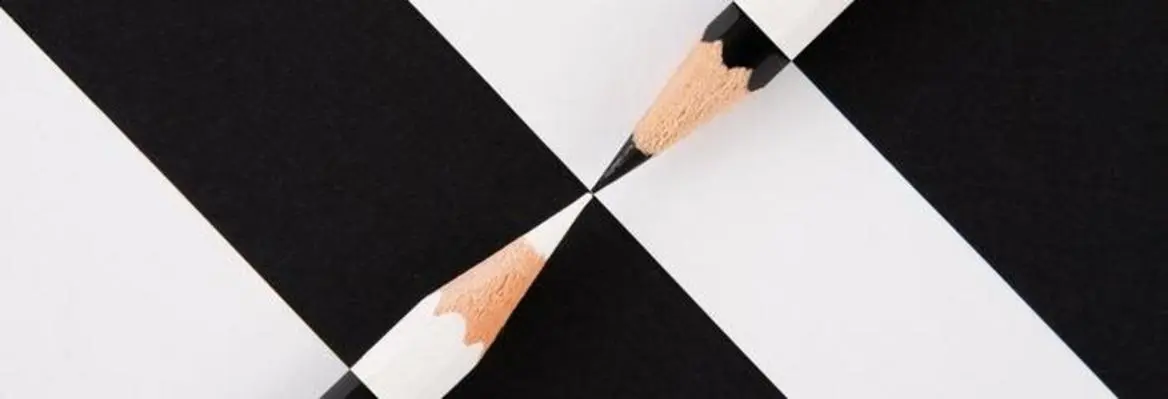Barry C Smith is a Director of the Institute of Philosophy at the Institute of Advanced Studies at University of London. His interests range from the philosophy of wine to Chomskyan theory of mind and language.
He co-edited The Oxford Handbook of Philosophy of Language (2006) with Ernest Lepore. Following his 2007 collection, Questions of Taste - the philosophy of wine (Oxford University Press), he began working with psychologists, neurologists and neuroscientists on flavour perception and is now the co-organiser of an international research project on the Nature of Taste.
So the topic up for discussion is binaries in nature and whether or not they’re real or fictitious and created by us. But I suppose the first question is what do we mean when we talk about binaries, opposites? And is there any sense in which binaries are distinct from “x and not x”?
Well, I think we all know what we mean by binaries. I think that’s pretty clear. What we are interested in is whether these binary distinctions we make – male/female, child/adult, present/past – are created by us or by nature or just by the way the world is made.
So the ones that I think we can rely on are, for example, acids and alkalines. We can rely on carbon and non-carbon atoms. We can talk about positive and negative charges of particles. These are things which are not up to us to behave in the way they do.
True and false is interesting, and I think, although we think of true and false as binary oppositions, they're not the only oppositions in that ballpark, because when we talk about true and false we can also talk about not true. Not true is not automatically the same as false. When you say that a statement is not true you maybe don't know whether it's false.
What you might be claiming is that we've got no good reason to say it's true or to say it's not true. For example, in mathematics, Goldbach's conjecture, which says every even number is the sum of two primes. We can look at every even number we've ever come across and we can see it's the sum of two primes. We've never found a counterexample, but what we don't yet have is any definite proof that we'll never find a counterexample, and so we haven't found a reason to be able to say that Goldbach's conjecture is true. But it looks true, so maybe what we need to say is that it's neither true nor false, or at least at the moment it's neither true nor false.
Also, take innocent or guilty. It looks as though they're binary oppositions, but in Scottish courts of law you can have another verdict. You have not proven. So somebody can be found not guilty but that doesn't mean that they're innocent. It means that there was no way of proving that they were guilty, but that we didn't have good-enough grounds to be sure they were innocent.
That's why I think the notion of opposition is quite slippery here. Real binaries are where there is no gap. You exhaust the territory by being one or another, and I think that's true with carbon and non-carbon atoms that make up the matter of the universe.
Something else that you’ve previously mentioned is that, in talk about emotions and certain aspects about the way that we see things in the world, coming at it via binaries can be unhelpful.















Join the conversation